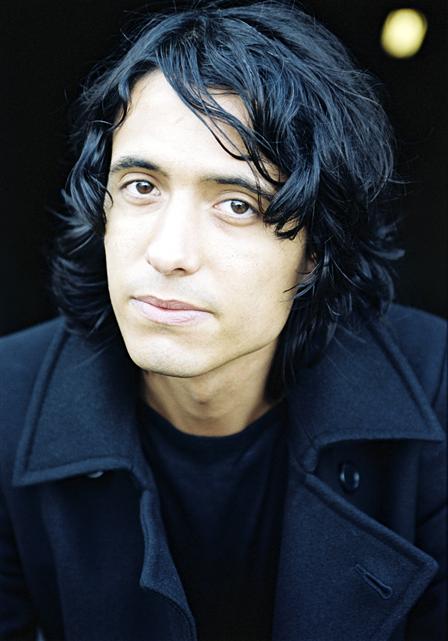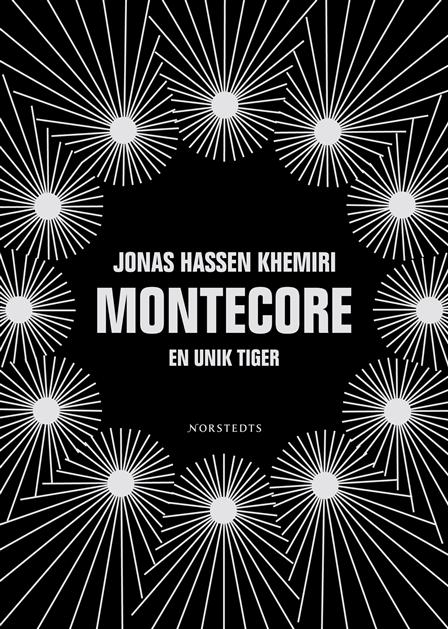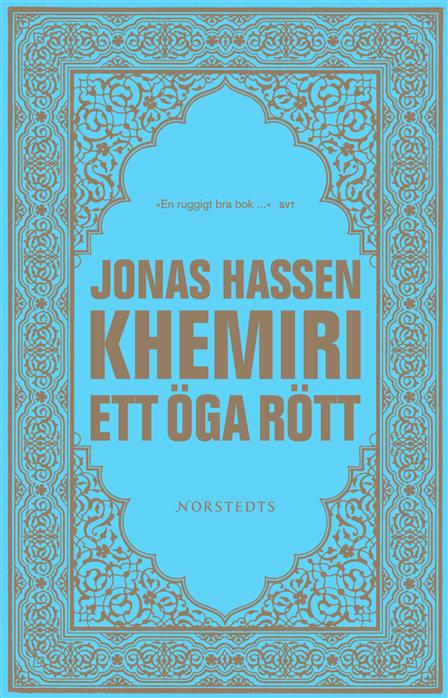An interview with the swedish writer Jonas Hassen Khemiri by Desislava Velichkova

Jonas Hassen Khemiri
You were in Bulgaria just a year ago. Tell me about Sofia. Tell me your own opinion about the city!
Unfortunately, I was in Sofia for too short a time to get to know it. Hopefully we will become friends next time.
What about your phone conversations with another city? What about New York! Maybe you can share something about your connection with it?
I have always loved big cities and I like the idea to be able to get them on the phone and sort of question them. I just wrote a new fictional text about Berlin where I met up with the city and offered it some economic advice. It was interesting since I’ve been living in Berlin since January on a DAAD scholarship.
Do you believe there is some kind of intimacy in talking to the phone machine?
I guess it could be. Like it could be intimacy in writing emails, sending faxes or receiving smoke signals.
When was the first time you needed to sit and just start writing?
When I was 7 I started writing my diary. I basically wrote: “Im 7 years old. Now I don’t know what to write. Now I will drink some soda.” I have included this page on my homepage.
Which love is absolute? (This question is a question I haven’t been able answer, so I’m asking everyone …)
I don’t believe in absolute values.
I cannot hide that one of my favourite stories is one you wrote. Is it all fiction?
I’m not sure what the definition of fiction is. I guess the boundary between fact and fiction has always been sort of blurry for me. And I like it that way.

"Montecore - A Unique Tiger", Jonas Khemiri
How honest could a writer be?
Honesty is an illusion. Fiction is manipulation. Which strangely enough makes fiction so extremely honest.
Hemingway once said he has a really hard time writing. What about you? Is it easy to say what you have to say or does it take much more than that?
It’s always difficult to write. The challenge makes it even more interesting. I have a huge amount of respect for older writers who have been able to do this strange work for a lifetime. Hopefully I will manage that too.
As you know a lot of the most wonderful writers were having some doubts about what they do. Do you ever question your talent? (I hope not!)
Yes, every time I open my computer with the ambition to create something.
I know you’re tired of talking about your first novel “One Eye Red” (“Ett öga rött”)? But weren’t you proud of yourself when it seemed that the whole nation had an opinion about the book? I know there were some strong reactions… (And this could only be a compliment for a novelist)

"One eye red", Jonas Khemiri
Yes I’m kind of proud of the reactions it created. And how some of the reactions (both positive and negative) say much more about contemporary Sweden than a lot of people want to admit. But I’m more proud of my second novel today.
You once said a lot has happened in your life in the five years since your first book was published and that you feel like you’re an entirely different author now. You’ve grown up in some way?
Hopefully I will continue to evolve as a writer. At the moment I am quite distant from my novels – the things I’m working on now are different and I’m not even sure if they’re any good. But I still enjoy fiddling around with them.
And you said that the second book “Montecore: A Unique Tiger” is the one you’re most proud of. It won a number of awards, including Sveriges Radios Romanpris, a radio listener’s award for the best novel of 2007. Did you hope for that after you wrote it or was it enough for you to know that this is exactly what you wanted to create and it was finished? I understand how personal this book was…
I had no idea that a novel, which is so strange and personal, could touch the hearts of such a wide audience. It was a lovely surprise. But now I have to remind myself not to write only in order to keep that audience. Hopefully I can manage that.
Your brother Hamadi Khemiri is one of the actors in the Swedish production of your play “Five Times God”. Did you ever criticize him and explain to him more about his character?
No, he was perfect from the first rehearsal. He plays a character who is totally silent during four fifths of the play. And then he takes over everything. Which was an interesting experience for him as an actor.
I know you’ve had some different dreams and plans about your future but what do you feel now? Do you believe this is the thing you were born for or do you have some misgiving that you are missing something?
I’m extremely happy and proud to have the ability to survive on writing. Hopefully I will be able to continue doing this until I die, without being forced to start writing self-help-books or crime-novels.
Thank you very much for this interview!











No comments so far ↓
Nobody has commented yet. Be the first!
Comment